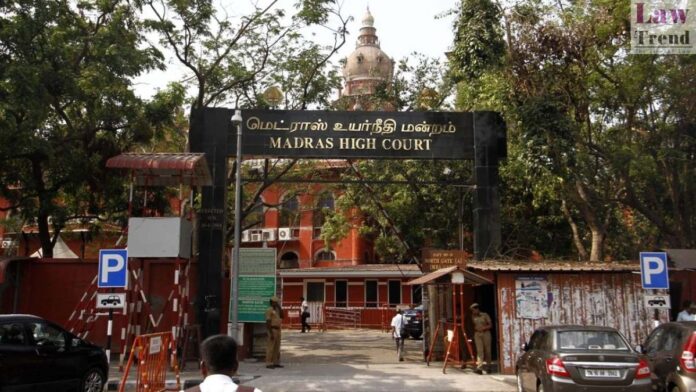In an unusual melding of law and sport, Justice N. Seshasayee of the Madras High Court brought cricket into the courtroom in his final judgment, dismissing a petition in a longstanding corporate dispute. The case involved Cheran Enterprises and its foreign investors, stretching over 16 years, ended with vivid cricket metaphors.
The legal tussle started with a failed business deal between Cheran Enterprises, part of the KC Palaniswamy (KCP) Group, and foreign investors ORE and Athappan. These investors had pumped substantial sums into the company—Rs 75 crore and Rs 4 crore respectively—under agreements that turned sour. In 2008, the Company Law Board (CLB) ordered Cheran to repay Rs 79 crore with 8% annual interest within a year or transfer certain assets to the investors. Instead of complying, Cheran began a marathon of legal challenges over FEMA regulations and share valuations, offering paltry settlements that were a fraction of what was owed.
Justice Seshasayee, addressing the protracted legal battle, compared it to a cricket match that had overstayed its welcome. “The match is over. The victorious fielding team has retired to the pavilion. I see the batsman still at the crease. It may require some time for team-petitioner to realise that it has lost a match that it was desperate to win,” he stated, adding poetic flair to his legal reasoning.
Describing KCP’s legal maneuvers as “childish and pretentious,” the judge likened them to a lower-division cricket team struggling to hold its ground in a professional league. “KCP finds itself on an unplayable and slippery wicket,” he noted, dismissing the argument that FEMA regulations hampered the investors’ ability to own land. This had been settled previously by allowing nominees to purchase the property.
The judgment also highlighted KCP’s string of defeats in both lower courts and the Supreme Court, emphasizing the futility of their persistent legal strategy. “Despite the scars of earlier defeats, only KCP and his teammates believe their strategy may still work,” Justice Seshasayee remarked.
In his concluding remarks, the judge reflected on the broader implications of fairness and dharma in judicial proceedings. “Unfairness may tempt; unfairness may even pay at times; but unfairness certainly fails,” he declared, underscoring the values central to his judgment.




